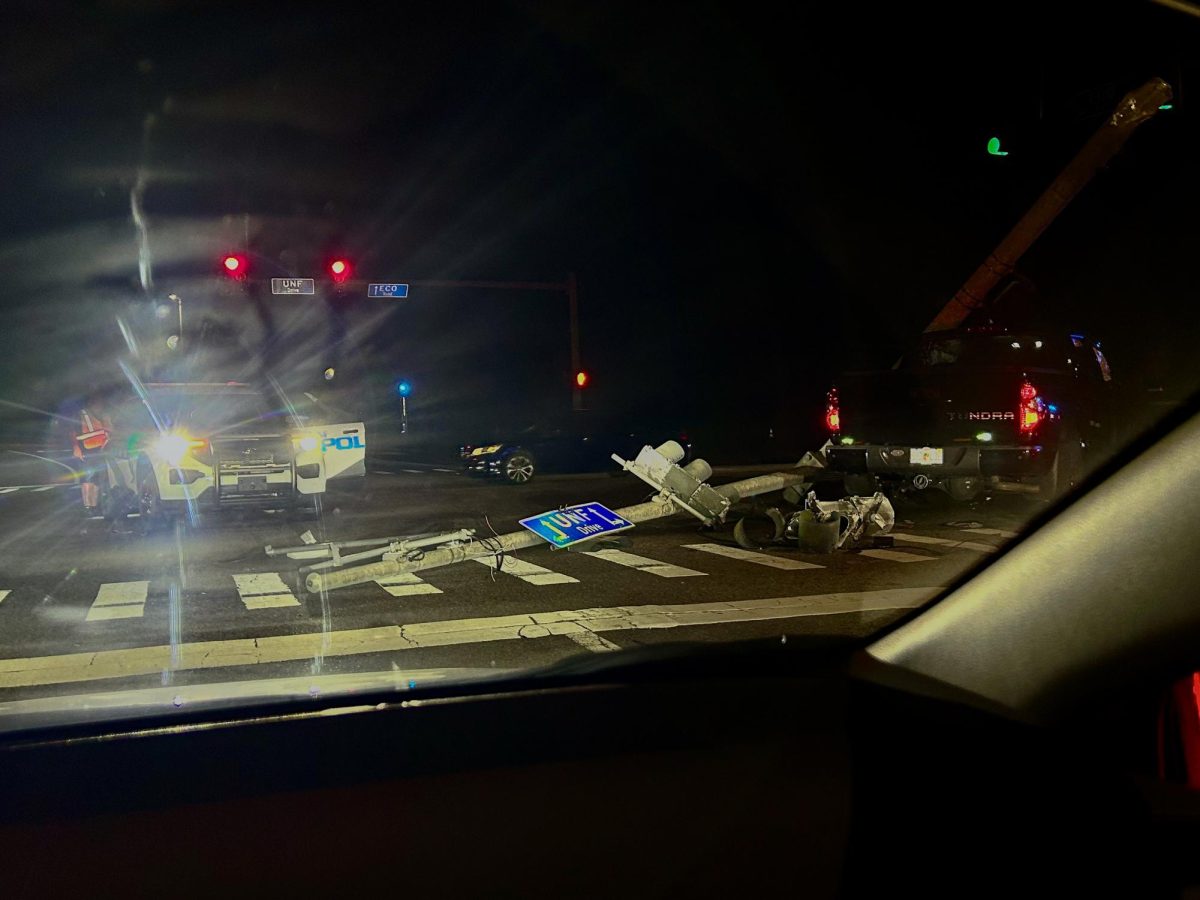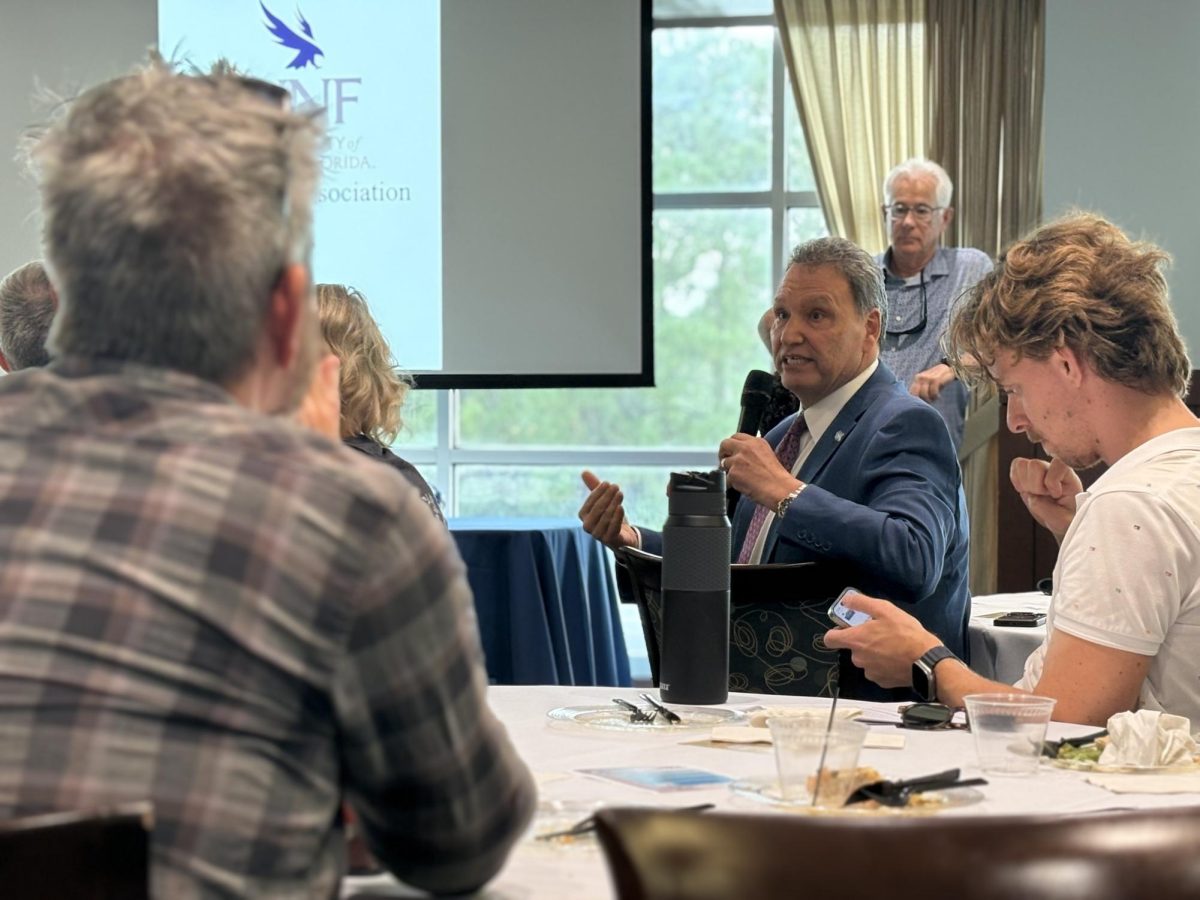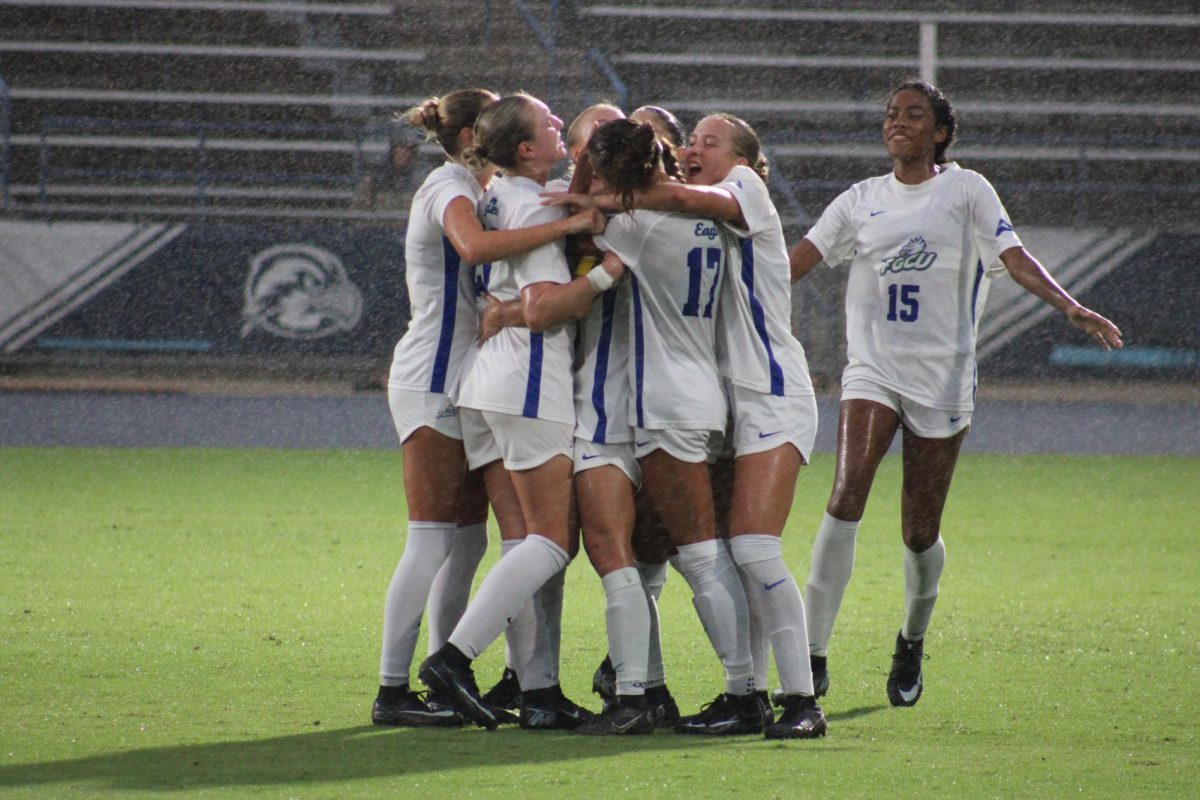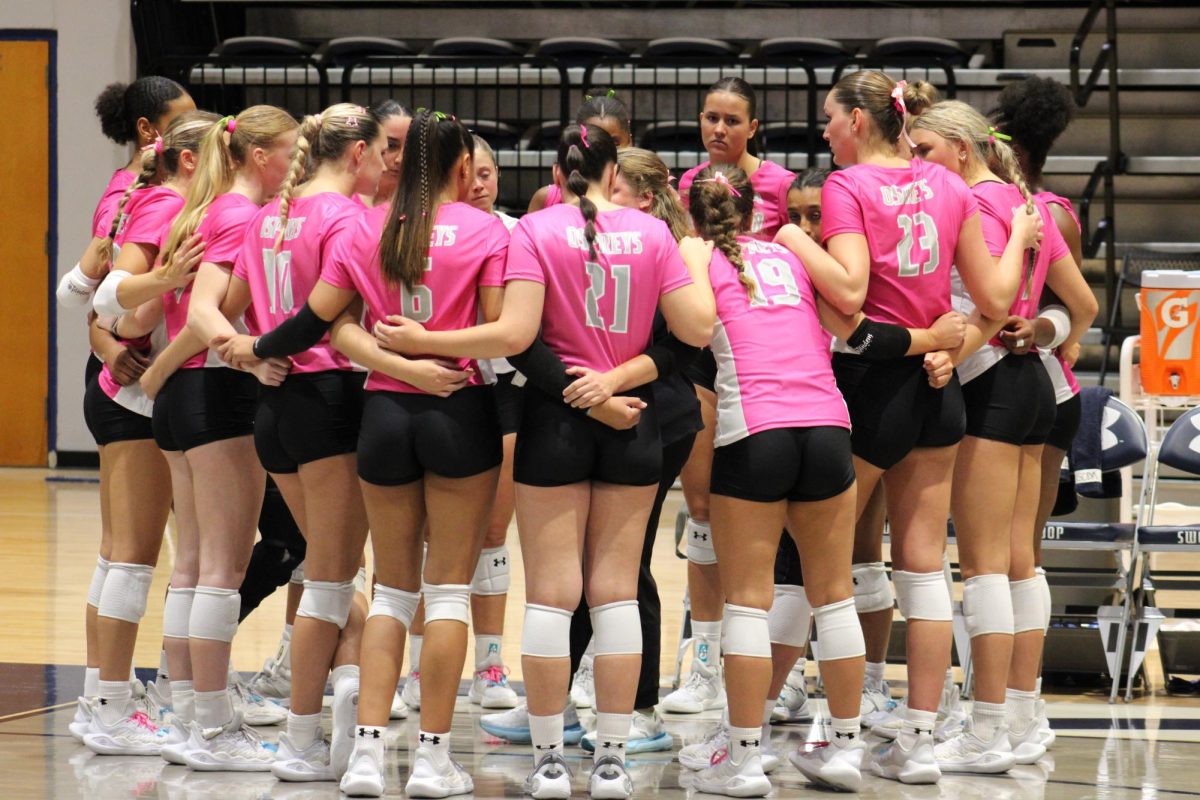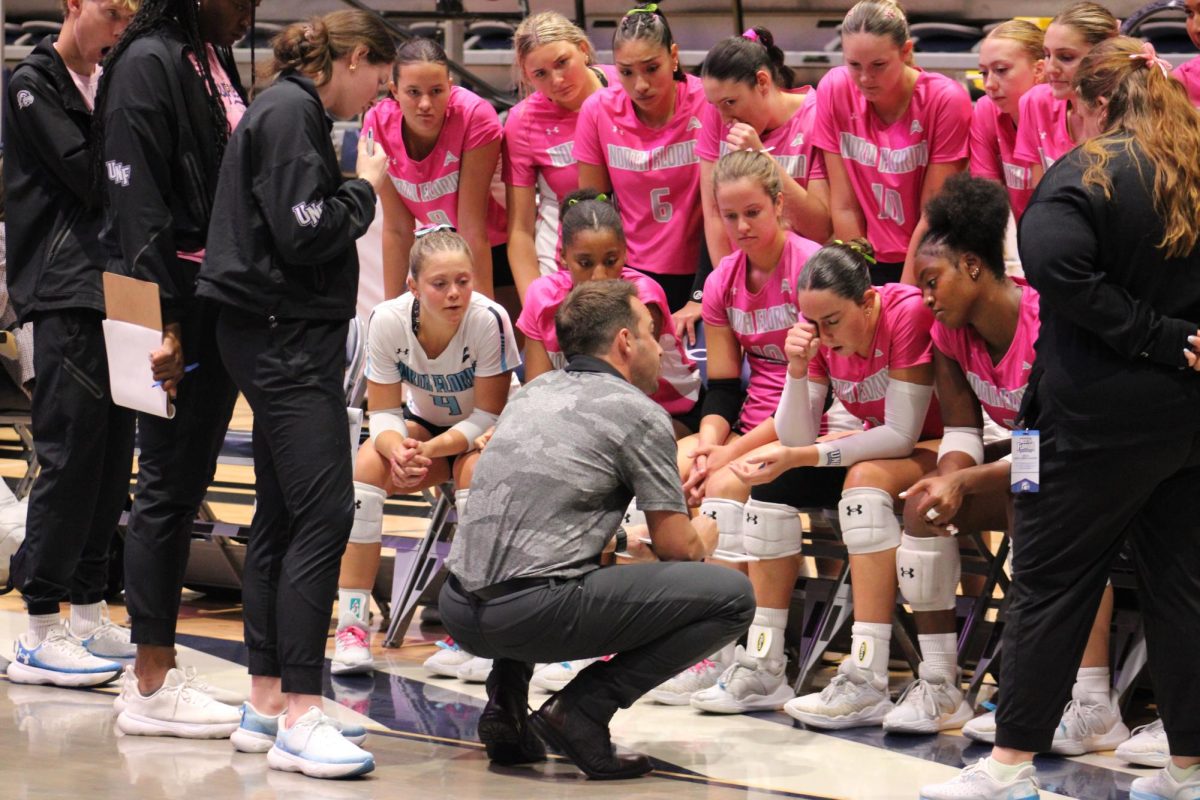“Redirection from human space efforts to not really a well-known [direction], I think it tells kids that maybe this is not important after all,” Reynolds said.
The redirection, he said, will lead to fewer students finding interest in these core subjects, and America slipping as a leader in math and science.
Dr. Todd Parrish, the academic advisor for UNF’s College of Education, thinks otherwise.
“Science is the methodology of catching up with our imagination,” Parrish said.
Therefore, he said, people will always be interested in going where their creativity takes them.
“The need for good scientists and the need for good mathematicians will still be out there because [as a country] that’s our creative engine that moves forward,” Parrish said.
Jessica Wilson, head of the UNF astronomy club, said the astronauts we have grown accustomed to will return, regardless of policy or funding.
“One of the biggest misconceptions is that there will be no more astronauts going up into space,” said Wilson, a UNF chemistry and physics junior.
With all the new private companies emerging to fill the gap, Wilson said, the possibility of becoming an astronaut are just as good as they have ever been.
“I definitely encourage students to continue on with the dream that, yes, they have the possibility of becoming an astronaut,” Wilson said.
With many entrepreneurs taking space exploration to the next level, she said, there is plenty of room for new scientists and mathematicians.
“I don’t think the end of NASA’s space shuttle program has any affect on students going into the astronomy or physics fields at all,” she said.





